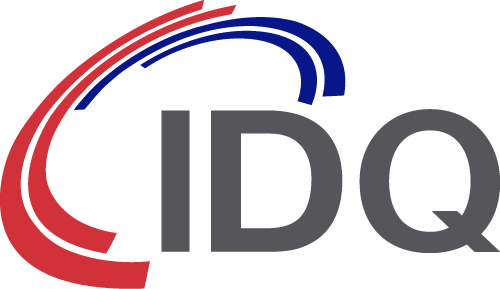Quantum Computing Industry Review: Q1 2019
After the quantum computing market continued to make great strides in 2018, we review the news and developments that have hit the headlines in the first quarter of 2019.
The quantum computing market is growing. Fast. A combination of regular developments, exciting announcements, notable investments and increasing media coverage shows that the technology is moving out of the theoretical and into the practical. Indeed, this year’s edition of European Cyber Security Perspectives contained no fewer than three articles dedicated to the subject – more than any other in the publication.
In the first of our quarterly industry reviews, we look at some of the major quantum computing and cybersecurity stories that have made the headlines at the start of 2019.
IBM unveils the first commercial quantum computer
The year started strongly when IBM announced Q System One: the first integrated quantum computing system for commercial use. The 20-qubit system has twice the quantum volume of its predecessor and combines classical and quantum computing elements into a single package.
While a 20-qubit machine is not powerful enough to run many of the practical applications the industry foresees quantum computers fulfilling, it does represent a significant step forward in the commercialisation of the technology. IBM has successfully doubled the power of its quantum computers every year since 2017, suggesting that ‘quantum advantage’ could be reached in the 2020s.
What’s next? In the second half of this year, IBM will open the IBM Q Quantum Computation Center. Located in Poughkeepsie, NY, it will house some of the world’s most advanced cloud-based quantum computing systems which will be available to members of the IBM Q Network.
D-Wave announces its next-gen quantum computing platform
Canadian quantum computing company D-Wave announced its next-generation quantum computing platform. Boasting 5,000 qubits, a notable upgrade from the 2,000 qubits the company’s current model uses, the platform will be made available as a cloud service or on-premises in the mid-2020s.
While the number of qubits available does seem enormous compared to competitors such as IBM, D-Wave’s qubits are applied differently to the competition and the system mainly focuses on solving optimisation problems – meaning you cannot compare this solution to the competition.
Action on QRNG & QKD standardisation
As quantum computers make strides forward, it’s the responsibility of the security community to keep pace. As a result, we have seen the submission of the first global standards for both Quantum Random Number Generation (QRNG) and Quantum Key Distribution (QKD).
The project, led by IDQ as part of the Hudson Institute’s Quantum Alliance Initiative, saw recommendations reviewed by a consortium of 18 companies and entities from across the world before being submitted to the International Telecommunications Union (ITU). This move aims to place more urgency on the cybersecurity industry to establish the necessary standards to secure quantum communication.
The Hudson Institute has also released The Executive’s Guide to Quantum Computing and Quantum-secure Cybersecurity in an effort to equip CEOs, CIOs and fellow executives with the knowledge they need to address the quantum threat to their organisation.
IDQ in the news
Alongside our work with the Quantum Alliance Initiative, we are pleased to have been involved with some key industry developments so far this year.
NS&I’s Premium Bonds took a quantum leap by choosing an IDQ QRNG solution for its fifth generation ERNIE prize draw machine. Implementing QRNG allows ERNIE 5 to generate the millions of random numbers required at a much faster pace, whilst benefiting from true entropy provided by quantum physics.
We were also excited to join our partners at SK Telecom at the forefront of 5G technology when it was announced that the Korean telecom giant has applied IDQ QRNG to the subscriber authentication center of its network. This will be followed by the application of QKD technology to a section of the network to prevent hacking and eavesdropping.
Another major announcement in the telecoms industry came as BT announced a milestone in the development of ultra-secure quantum networks following the opening of the world’s first commercial-grade quantum test network link between the BT Labs in Suffolk and the Cambridge node of the UK’s new Quantum Network. IDQ was once again involved after our QKD systems, together with optical transmission equipment from ADVA, were used in the development of the link.
Like to keep up-to-date with the latest quantum computing and cybersecurity news? Sign up to our monthly newsletter below.



